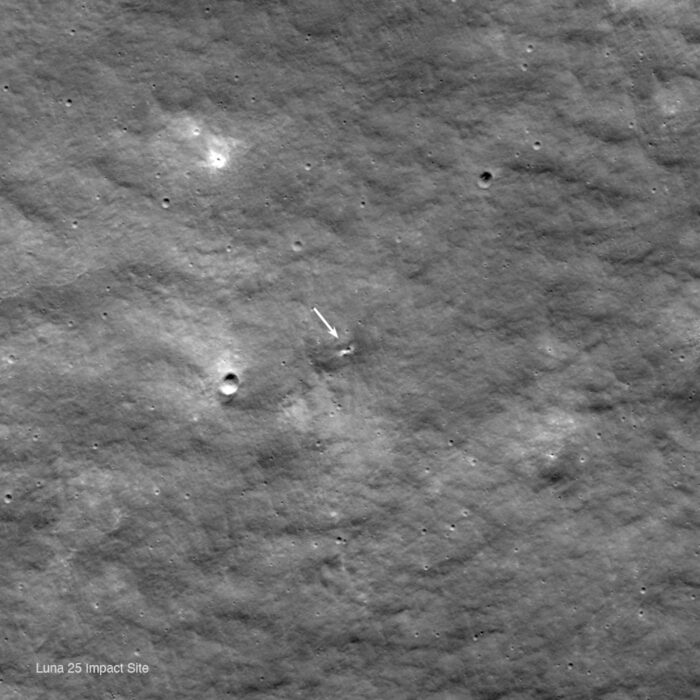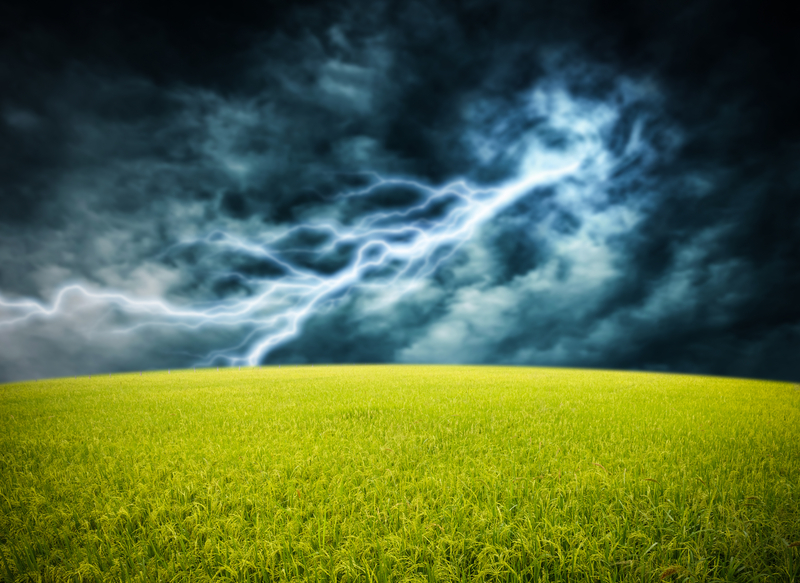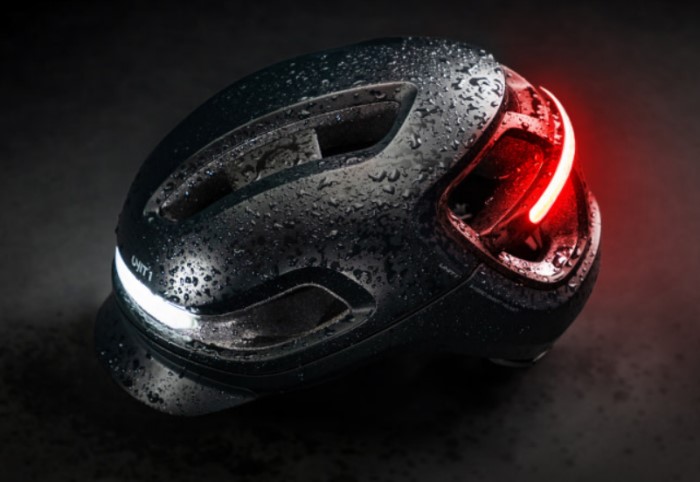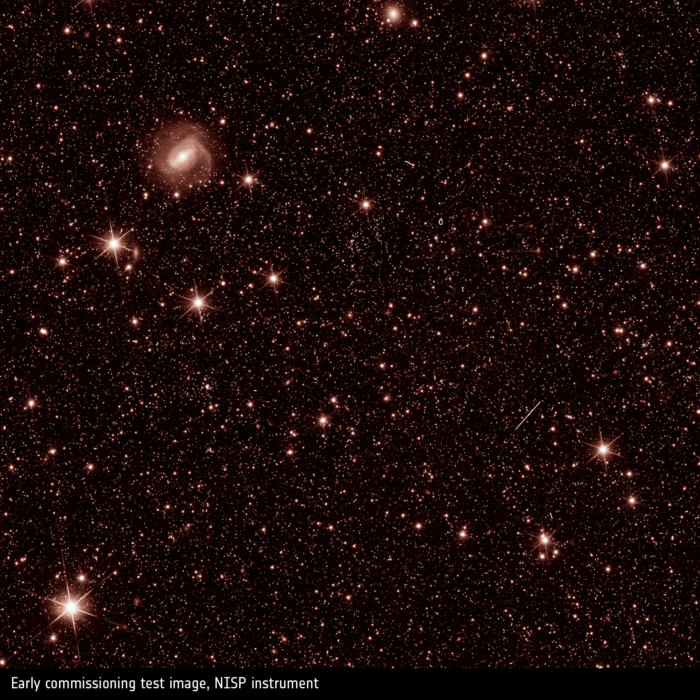Not all sleep is the same.
Humans go through four different stages. Stages one to three are simply stages of deeper and deeper sleep. But then there's the fourth stage: rapid-eye movement, or REM.
At this point, our eyes flicker and flutter under our eyelids, our breathing quickens, and our brain gets nearly as active as when we are awake. Meanwhile, our limbs go numb and are briefly paralyzed. And ...
We dream. Lots and lots of dreams!
Other mammals go through similar stages, also entering a kind of REM sleep. But what about other creatures? Especially those that aren't so closely related to us? (Click here to read about research into spider dreams!)
New research that is focused on octopuses suggests that these animals also experience REM sleep and dream. This would be quite a discovery, since octopuses and other cephalopods are so different compared to humans. It could also be a further sign of their intelligence (many researchers are already convinced that octopus are some of the most intelligent creatures on Earth).
Two stages
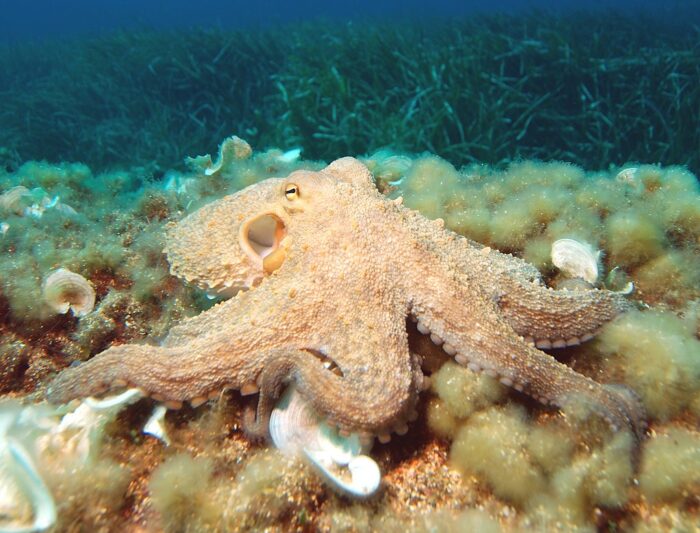
After humans, octopus are one of the world's most intelligent animals. (Wikimedia Commons)
So far, researchers studying the species Octopus insularis have identified two stages in octopus sleep.
The first one is very calm and settled. The octopus turns a pale mottled (blotchy) greyish-white and lays flat against the sea floor. It is camouflaged and zonked out. Zzzzzzzz ...
But the second stage is quite different. The octopus' body randomly pulses with colours, the tentacles twitch, and the breathing quickens. But the animal still stays slow to respond to outside stimuli. In other words, it is not easily woken up.
Multiple studies have shown that these animals move back and forth between these stages about every 40 minutes to an hour. There is a solid block of still stage one sleep, then a minute or so of 'active' stage two sleep.
Is it REM?
So researchers know that the octopus has two sleep stages. But what is happening during both of them?
Researchers at the Okinawa Institute of Science and Technology (OIST) in Japan tapped into the brain waves of the animals to find out. Octopus brains are quite different to human ones, but scientists can still read some of what is happening inside them. They can see the difference between a relaxed, recovery state and a more active one.
In the first stage, their brains behave a lot like ours do in our second and third stages of sleep. They have tiny bursts of brain activity called sleep spindles—this is believed to be when our minds are sorting through and solidifying memories. Like someone cleaning up a room after a busy day!
But in the octopus' second stage, the brain jumps to life, much like the human REM stage—when we are dreaming!
Are octopus really dreaming at this time? To know for sure, we'd have to ask one, and that's not likely to happen any time soon. But this research is a fascinating window into how their minds and sleep work. And a reminder that they may share more traits with us than we realize!
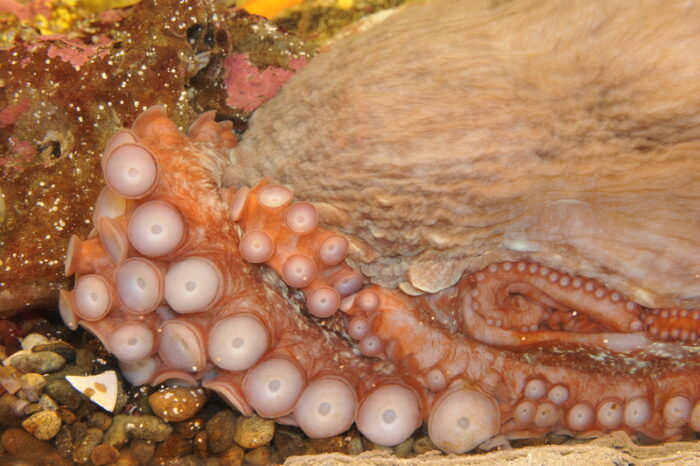 Like all animals, octopus sleep. But do they dream? (Photo 22185996 © Jdanne | Dreamstime.com
)
Like all animals, octopus sleep. But do they dream? (Photo 22185996 © Jdanne | Dreamstime.com
)

